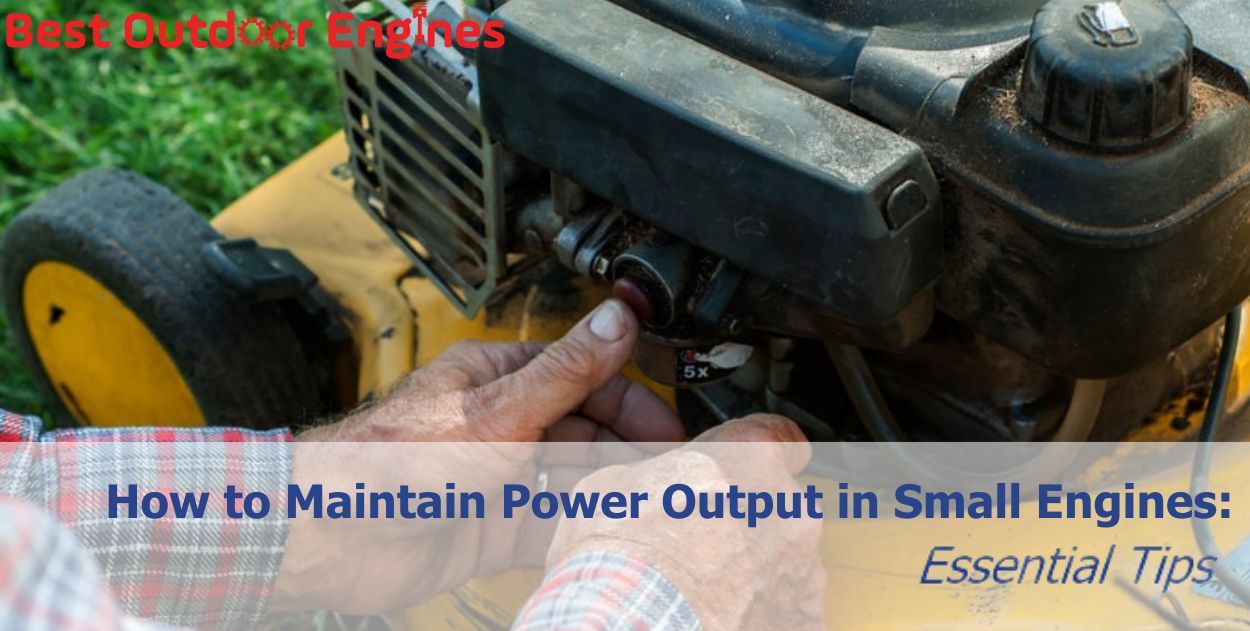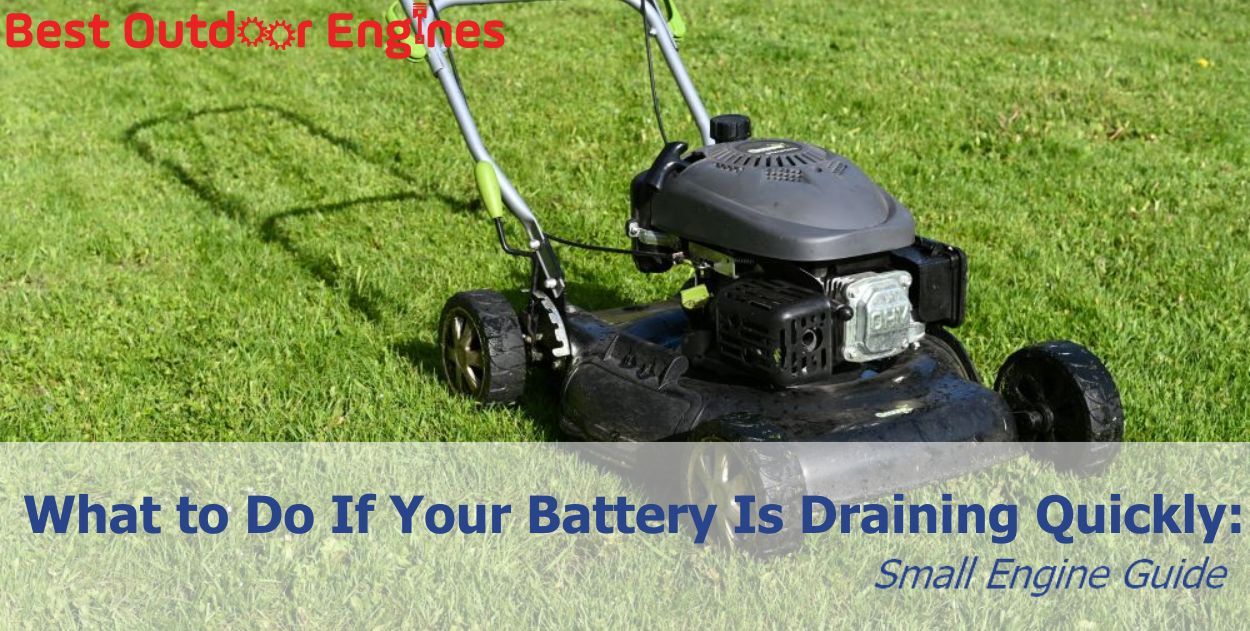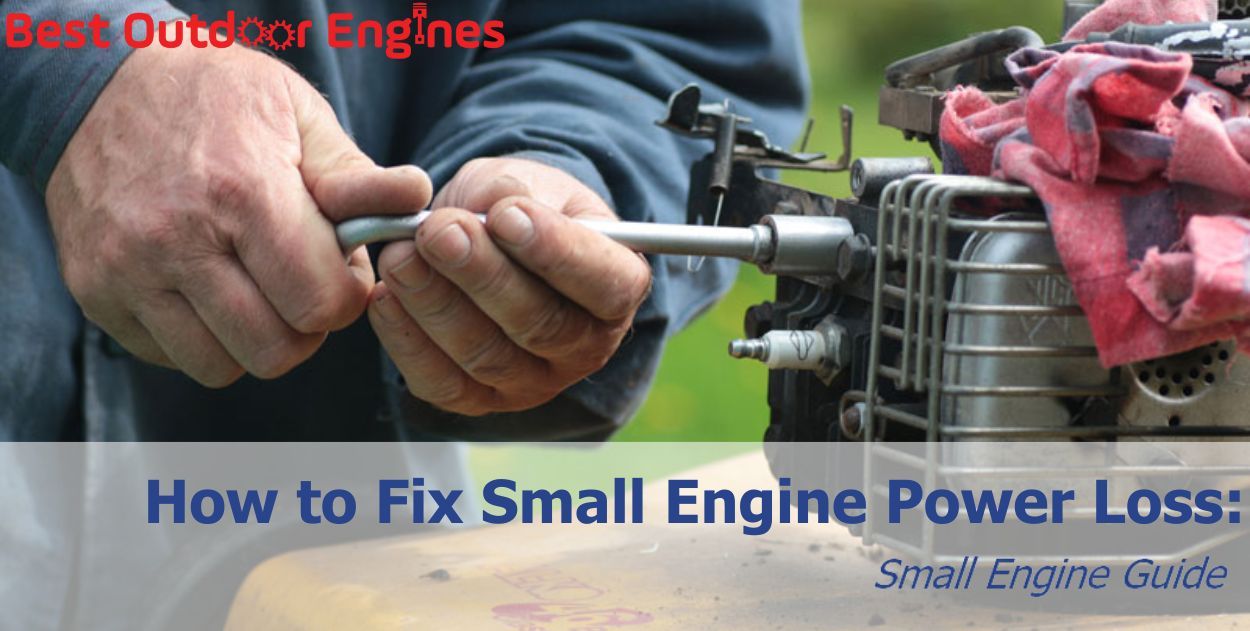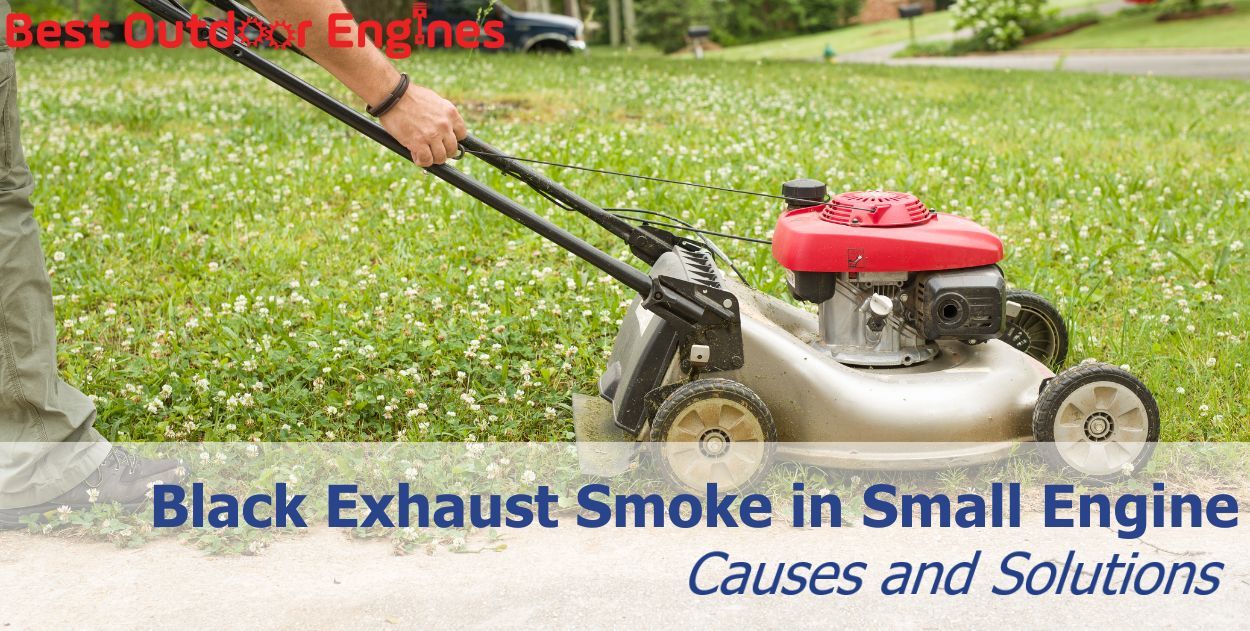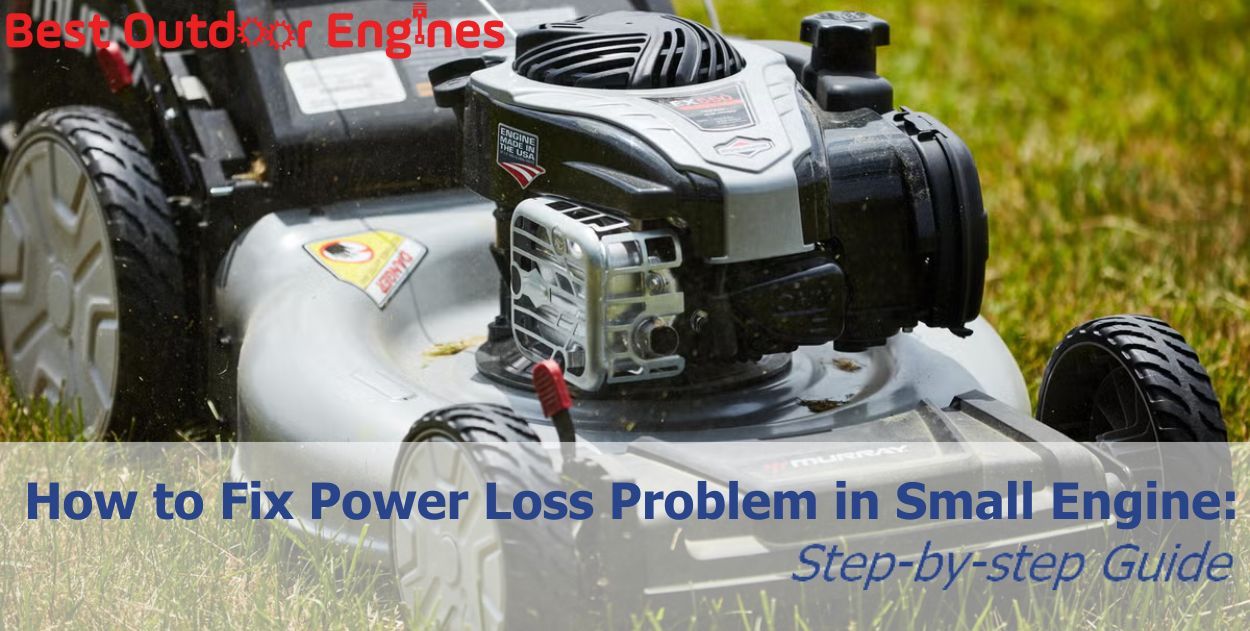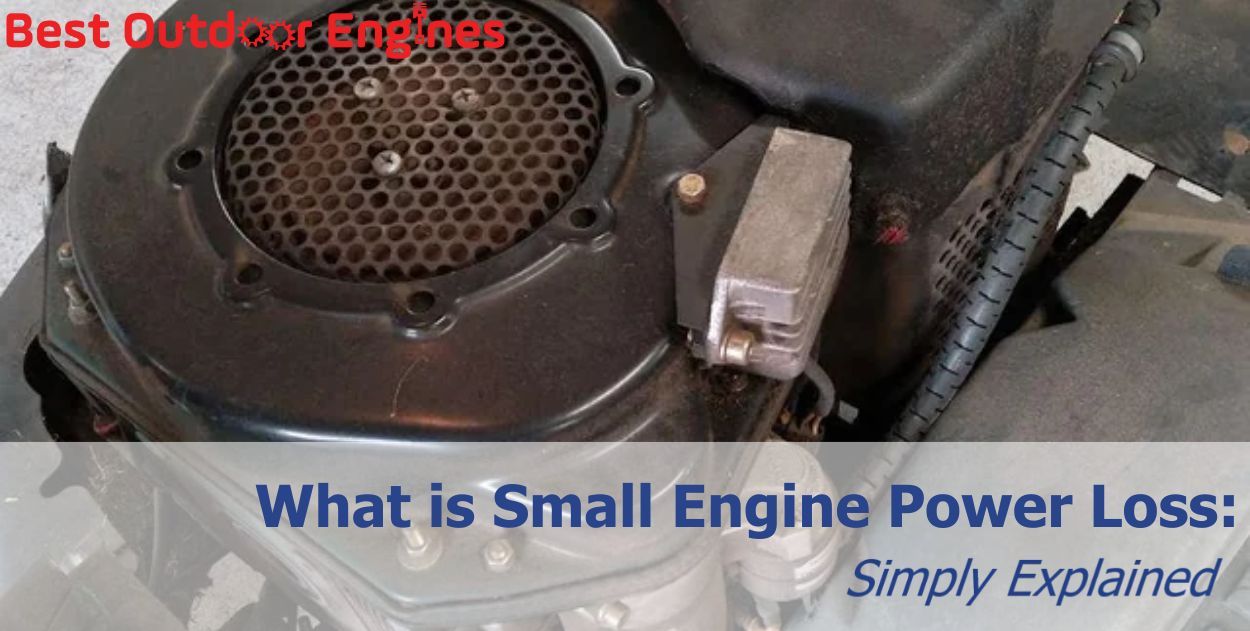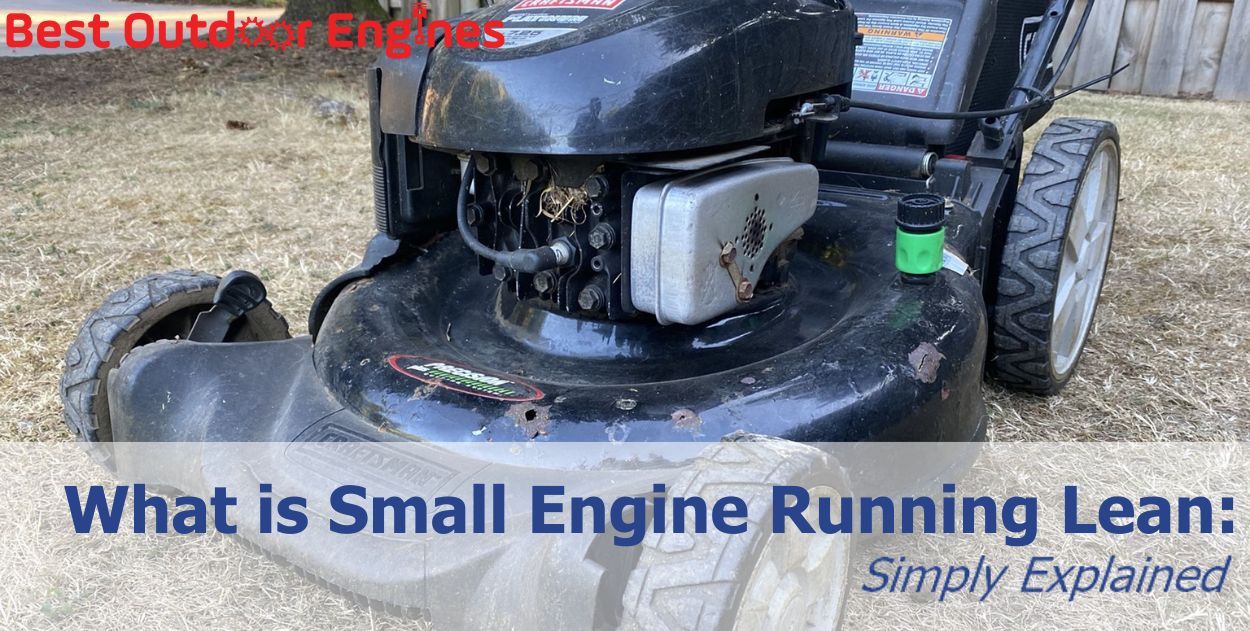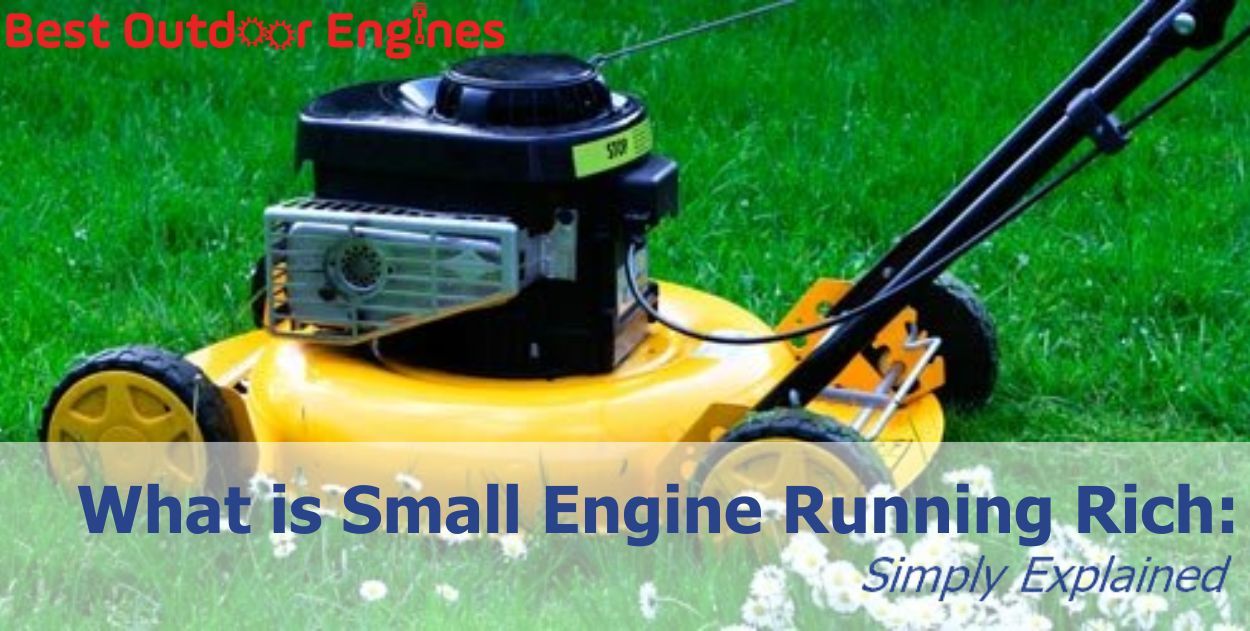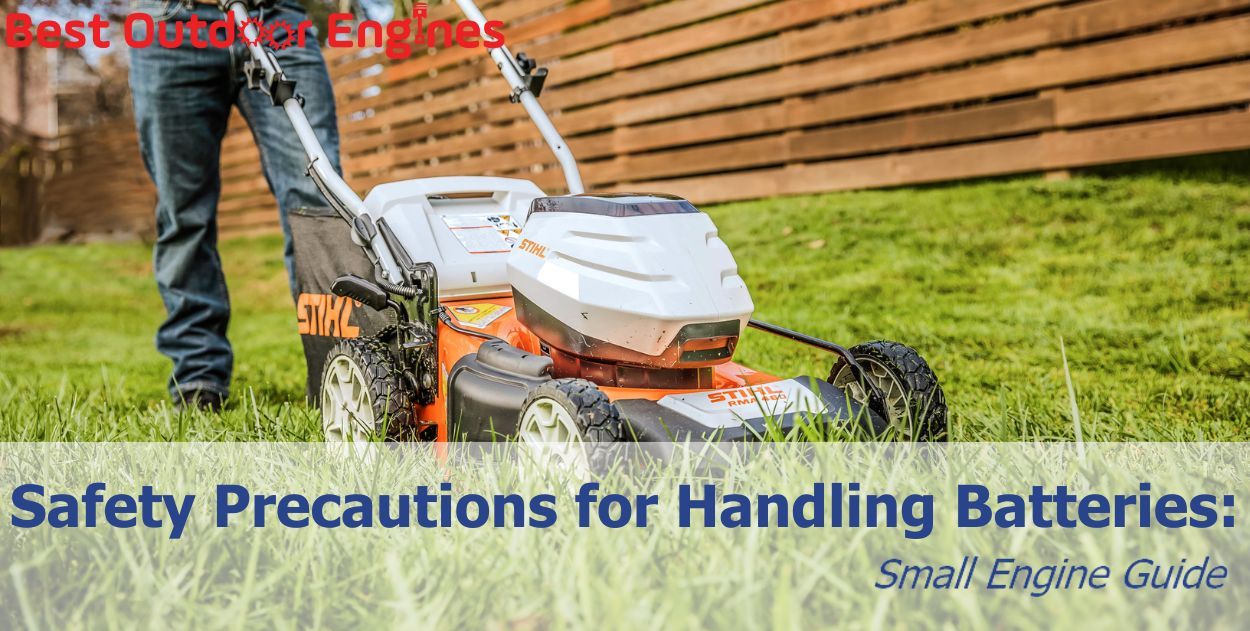How to Increase Horsepower in a Small Engine: Small Engine Guide
While small engines might not offer the vast potential for upgrades like automotive engines, several modifications can still lead to noticeable improvements in power and efficiency. Here’s a guide to safely increase the horsepower in your small engine.

What is Horsepower in a Small Engine?
Horsepower in a small engine is a metric that speaks to the heart of performance, much like a spirited stallion's vigorous gallop through open fields. It's a unit of measurement that quantifies the engine's ability to do work over time. In the realm of small engines, which power everything from lawn mowers to portable generators, horsepower is the whisper of potential beneath the hood, promising efficiency and capability.
At its core, horsepower represents the engine's power output, a crucial factor that determines how well a piece of equipment will perform its intended tasks. For a small engine, this might mean the difference between a lawn mower that leisurely trims the grass and one that slices through the toughest turf with ease. It's akin to comparing the strength of a gentle brook to the mighty rush of a river; both have their purpose, but their power levels dictate their capability and efficiency.
When contemplating the quest to boost your vehicle's horsepower, it's akin to preparing a seasoned athlete for a more challenging race. The pursuit of enhanced performance, while exhilarating, demands a thoughtful approach to ensure the integrity and longevity of your mechanical steed. Firstly, remember that increasing horsepower isn't merely about unleashing raw power; it's about harmonizing this newfound vigor with the existing components of your vehicle. Much like a symphony, each part must play in concert, from the transmission to the brakes, ensuring that the vehicle remains balanced and safe.
Additionally, consider the impact on fuel efficiency. Just as a sprinter consumes more energy in a dash than in a marathon, a car with higher horsepower may require more fuel, altering its efficiency dynamics. This trade-off between power and economy is a crucial aspect to ponder.
Furthermore, the quest for more horsepower often leads to modifications that can affect your vehicle's warranty and insurance. It's vital to tread this path with caution, as the thrill of increased power should not lead to unforeseen consequences with your vehicle's warranty or insurance premiums.
Upgrade the Air Intake

The engine's performance is directly related to the amount of air it can intake. Replacing the standard air filter with a high-performance one can allow more air into the combustion chamber. More air means more fuel can be burned, generating more power. Consider a performance air filter or cold air intake system designed for small engines.
Enhance the Exhaust System

An upgraded exhaust system can improve engine efficiency by reducing back pressure, allowing exhaust gasses to exit the cylinder more easily. This can lead to a slight increase in horsepower and torque. Look for performance exhaust systems compatible with your engine model.
Advance the Ignition Timing

Advancing the ignition timing so that the spark plug fires the air-fuel mixture a bit earlier can lead to a more complete combustion process, increasing power output. This adjustment should be done carefully to avoid engine knocking or damage.
Regular Maintenance
Sometimes, simply maintaining your engine can restore lost horsepower. Regularly changing the oil, cleaning the air filter, and ensuring the spark plug is in good condition can all contribute to optimal engine performance.
Increasing the horsepower of a small engine involves a combination of enhancing airflow, fuel delivery, and exhaust expulsion, along with precise adjustments to the engine's internal mechanics. While significant gains might be limited compared to larger engines, even small improvements can result in better performance and efficiency. It's crucial to proceed with caution and consult with a professional if you're unsure about any modifications, as improper adjustments can lead to engine damage or reduced lifespan.
1.Can increasing horsepower damage my small engine?
Yes, if not done correctly. It's important to make modifications within the engine's tolerance limits and ensure that all changes are compatible with the engine's design.
2. Do I need professional help to increase my engine's horsepower?
While some modifications can be done by a knowledgeable enthusiast, others, particularly internal engine modifications, should be performed by professionals to avoid damaging the engine.
3. Will modifications void my engine's warranty?
Many modifications can void the manufacturer's warranty. It's important to check your warranty terms before making any changes.
4. How much horsepower can I realistically add to my small engine?
The amount of horsepower gained depends on the engine and the modifications made. Small engines have limited potential for huge gains, but even slight improvements can enhance performance.
5. Is it worth increasing horsepower in a small engine?
It can be, especially if you're looking for improved performance for specific tasks or more efficient operation. However, weigh the benefits against the potential risks and costs involved.

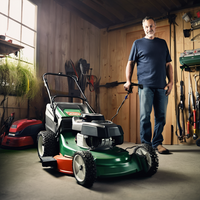
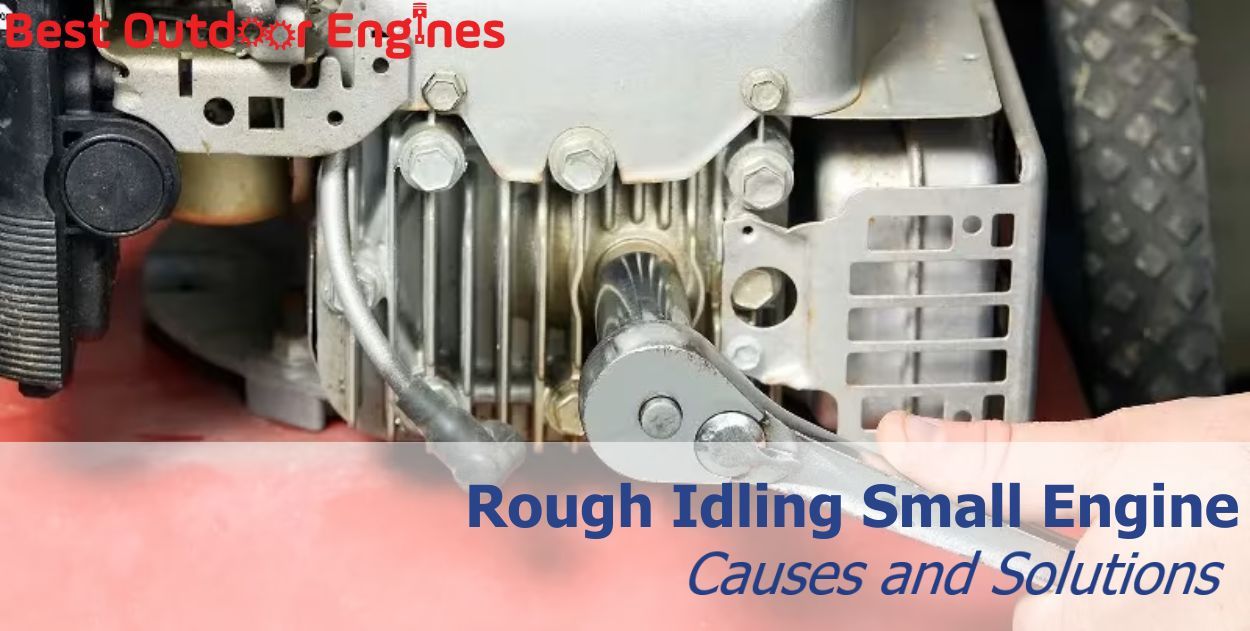
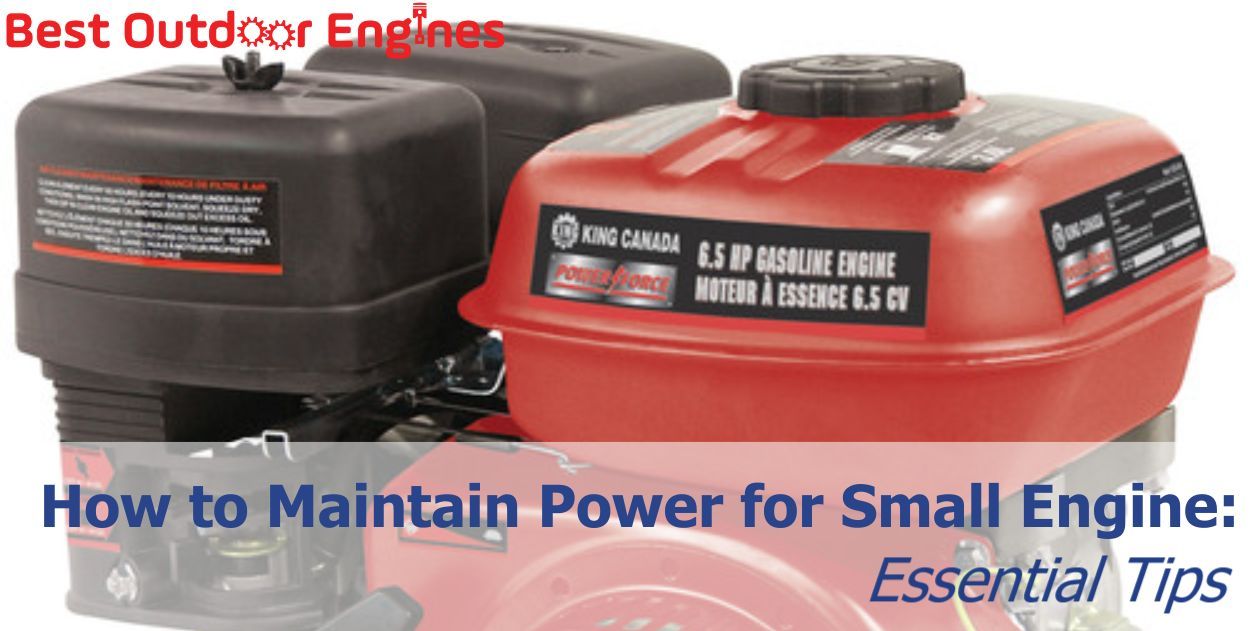
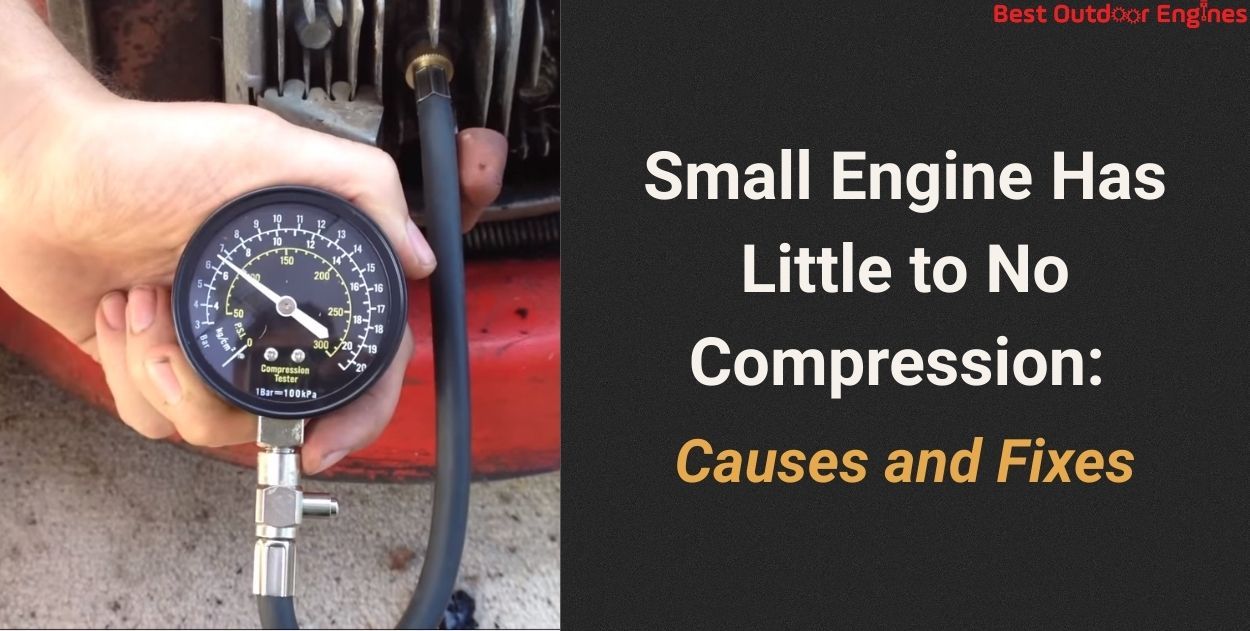
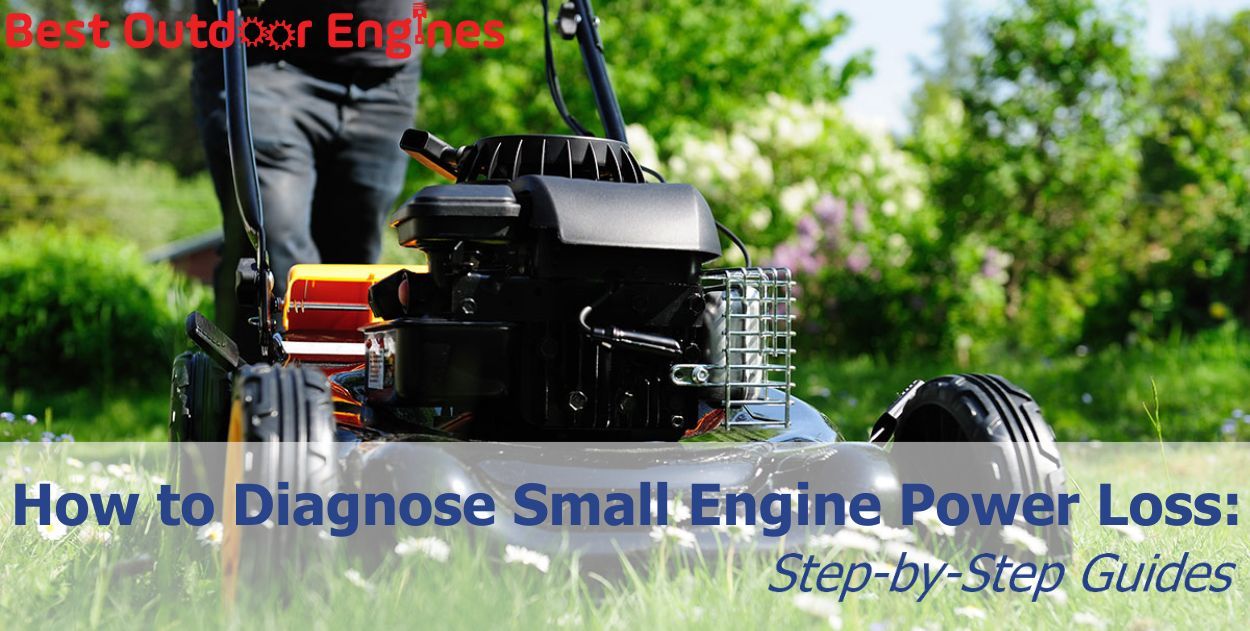

.jpg)
